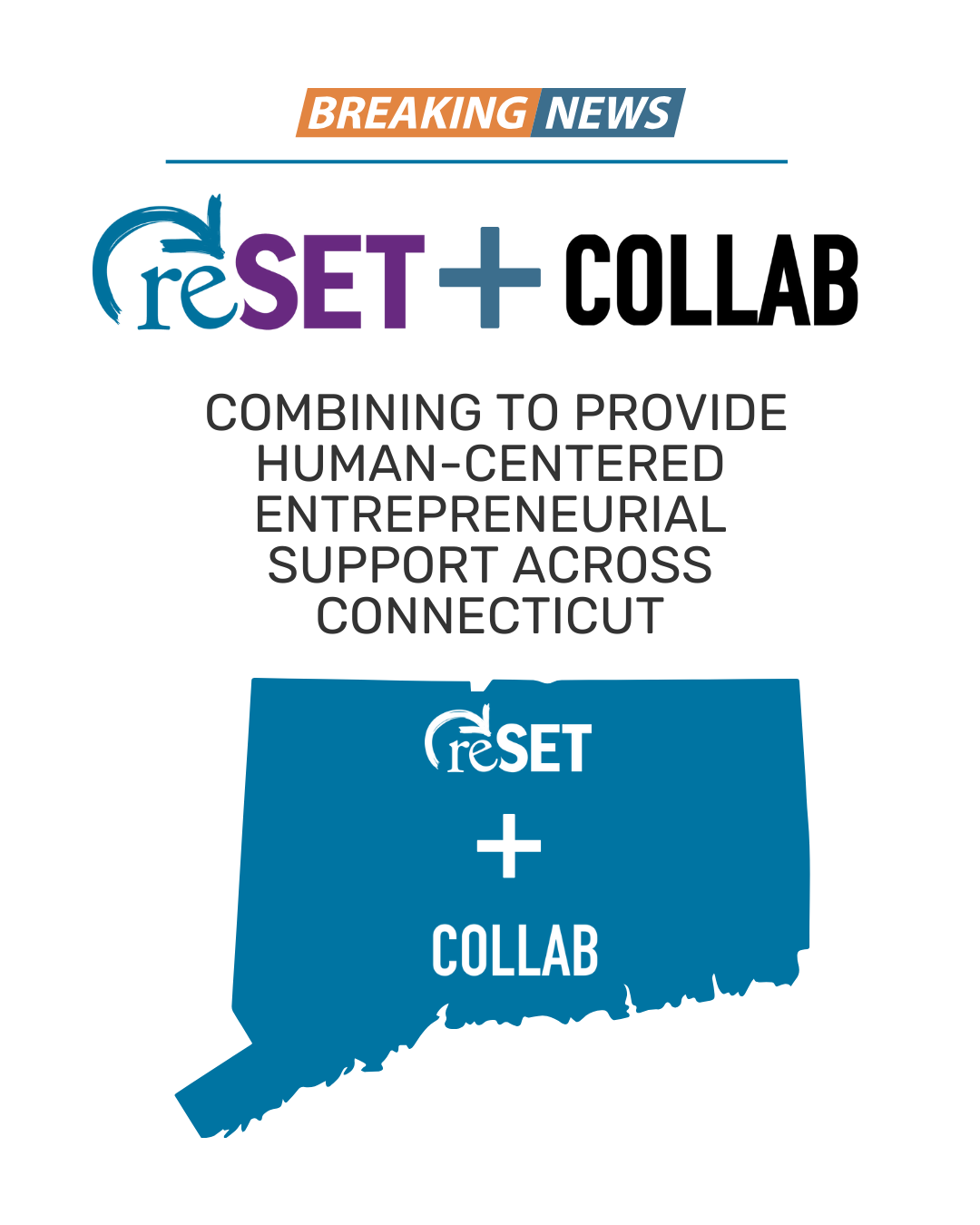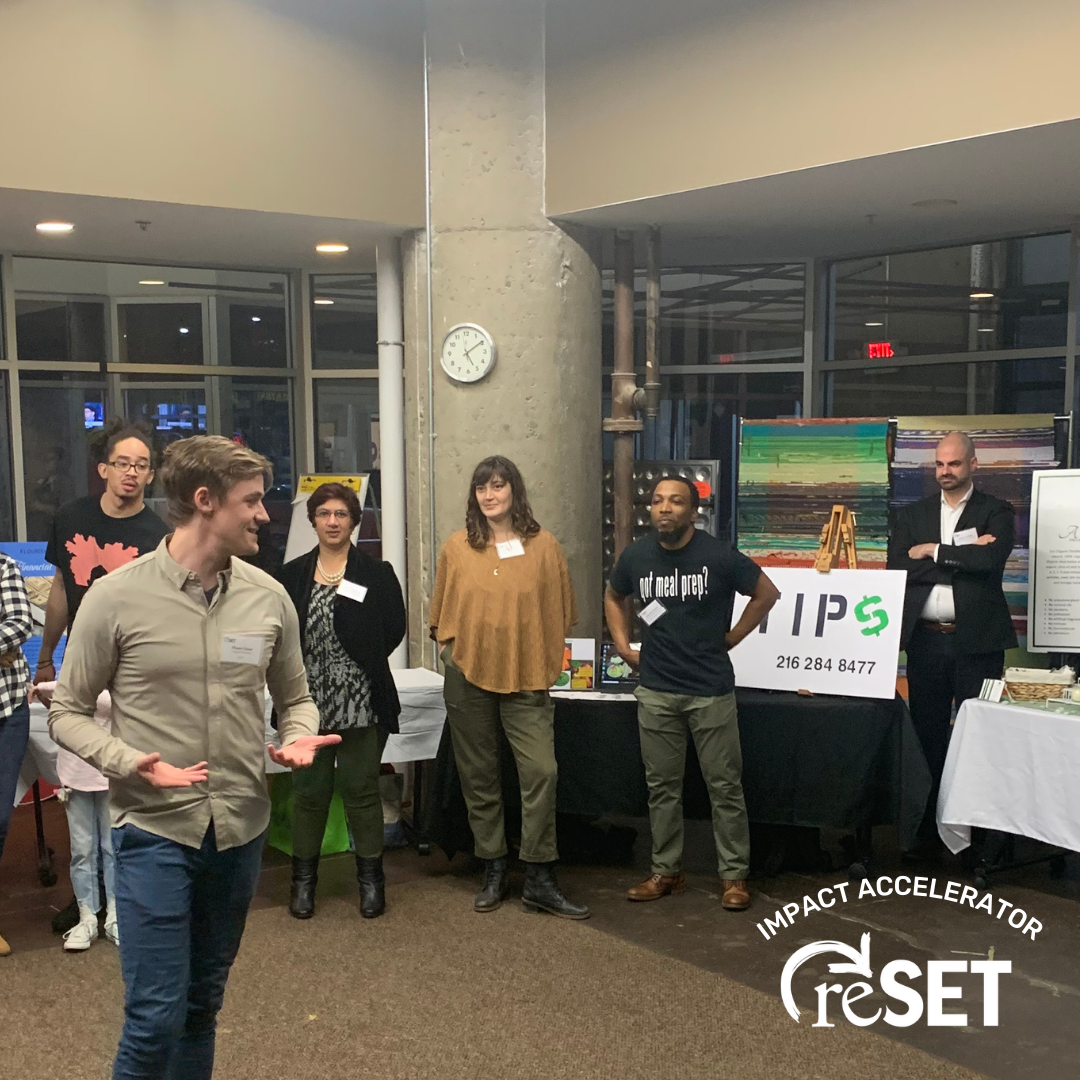Introducing the Social Enterprise Investment Fund: An introduction to Impact Investing and its effect on social enterprise in Connecticut.
reSET, the Social Enterprise Trust, is excited to announce the launch of the Social Enterprise Investment Fund (SEIF). SEIF is an LLC, a wholly-owned subsidiary of reSET, designed to provide “patient debt capital” ( i.e. long-term, low interest loans) to qualifying social enterprises in need of seed funding to get their businesses up and running, or to take them to the next step.
Sounds a little complicated, doesn’t it?
One of the great things about the social enterprise movement is that it’s fast-paced, and always changing. It’s a concept rooted in innovation, with practitioners constantly developing new ways to try to balance the dual missions of doing good (creating a social impact), and running a profitable business (ensuring a sustainable impact in society as well as creating jobs). One of the not-so-great things is that in a field that’s growing so quickly, no one stops to agree on a simple way to talk about what they’re doing. For anyone not involved in the social enterprise world on a day-to-day basis, the jargon can get confusing. Throw in a few finance and legal terms, and the message can be completely lost.
So, that being said — what is SEIF, and how (exactly) does it help social entrepreneurs?
What is it?
SEIF is what’s called an “impact investment” fund, which simply means it’s a large amount of money, managed by skilled investors, who distribute it to social entrepreneurs attempting to launch or scale their businesses. Rather than being driven purely by profits, impact investing funds use their dollars to fund social enterprises, businesses that deliver a social return on investment, in addition to a financial return on investment.
How does it work?
SEIF will use its investment capital to provide qualified social entrepreneurs with funding to help them get their operations off the ground, and/or cover the costs of expanding their businesses. As the loan recipients begin to pay back their loans to SEIF, the principal on the loans will be reinvested in a new group of social enterprises. In doing so, SEIF will help fund and create a continuous cycle of growth and innovation in Connecticut’s social enterprise sector. This is why it’s called an “evergreen fund.”
Why do we need it?
Having access to funding from impact investors is crucial to the growth and sustainability of social enterprises, not only in Connecticut, but across the world. Typical investors who are unfamiliar social enterprise have historically been hesitant to make early-stage investments in social enterprises, usually because the concept is still new, and because most investors follow that old maxim of “invest in what you know.”
Having an investor like SEIF that can speak the same ‘language’ as social entrepreneurs and that understands the daily balancing act of balancing profit and purpose is key to growing Connecticut’s social enterprise sector. Opening up a funding resource to early-stage social entrepreneurs will help build a foundation for the growth of a vibrant and active social enterprise community within Connecticut – creating jobs, solving social issues, and generating new tax revenue within the state.
What size fund is SEIF?
As of July 21, 2013, SEIF has a balance of $77,000, including cash and written pledges. The short-term goal is to have this balance exceed $100,000 by August 31, 2013. The long-term goal is to have SEIF’s balance sheet exceed $1 million in cash and investments.
reSET is launching a crowdfunding campaign using StartSomeGood.com to help raise funds for the SEIF on August 1, 2013.
How do I learn more?
Stay tuned for more detailed information, and be on the lookout for the SEIF page on reSET’s website which is coming soon. We’ll be providing updates on how to apply for funding from the SEIF within the next few weeks!
Our Strategic Partners

Address:
1429 Park Street, Suite 114, Hartford, CT 06106
Phone:
(860) 560-9120
All Rights Reserved | reSET
Social Enterprise Trust, Inc is a not-for-profit organization recognized as tax-exempt under Internal Revenue Code section 501 (c)(3). .











